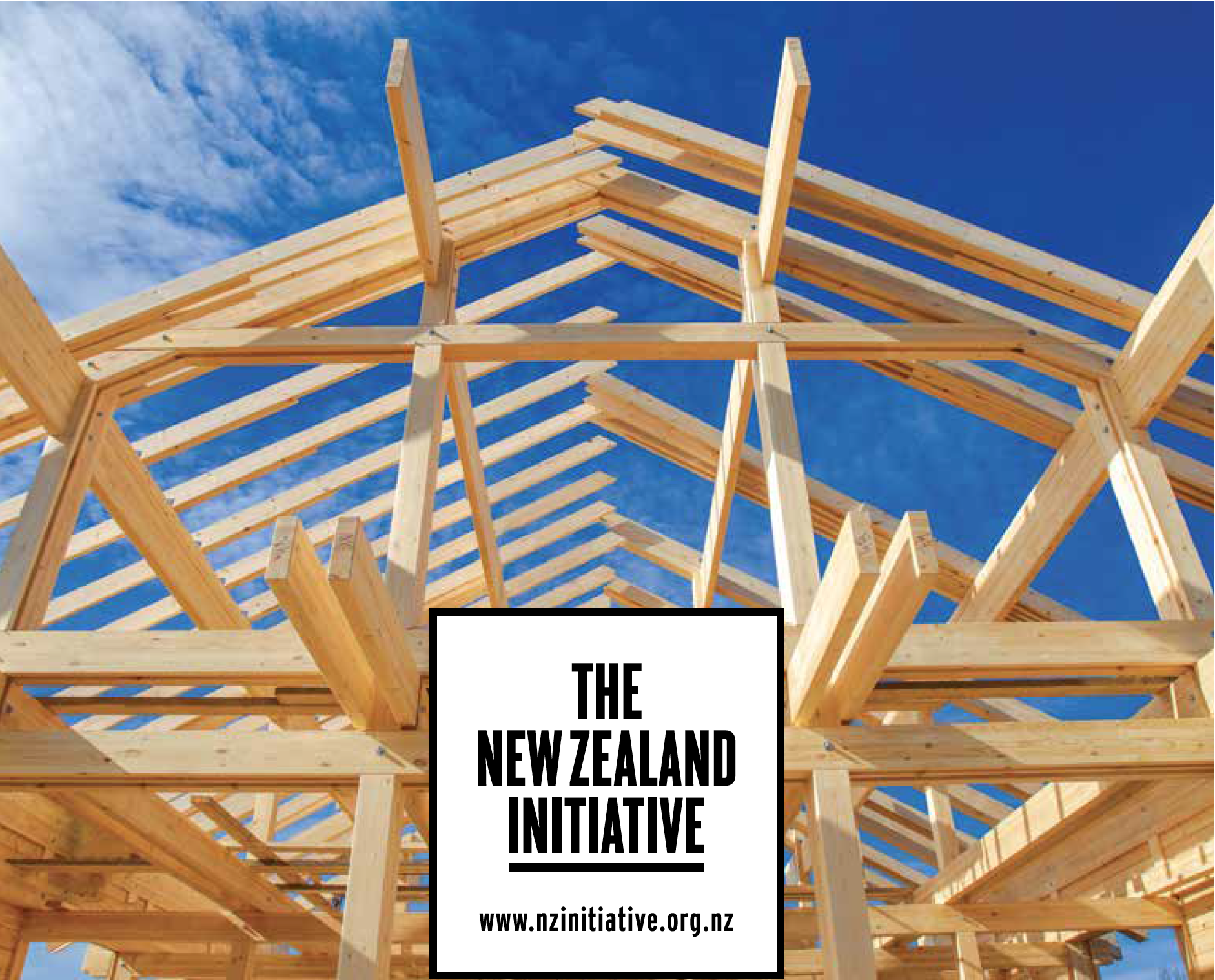The New Zealand Initiative’s latest report - The Need to Build: The demographic drivers of housing demand - shows since 1992, the country has added only 21,445 private dwellings annually to the housing stock. There is now a shortage of 40,000 houses across the country.
“Inflexible housing development is the core problem,” says report researcher Leonard Hong.
He says the country is simply not building enough houses to meet the looming demographic changes and demands where housing needs will rise faster than population growth. The report is predicting an annual shortfall of up to 9,857 houses.
It points the finger squarely at successive governments for the country’s spiral into unaffordable housing and a shortfall of homes. This has created extremely expensive housing markets in Auckland and Wellington.
Auckland has the fastest housing unaffordability growth in the world, according to the latest Demographia housing survey. Last year house prices on average leapt $140,000 and the city is now the fourth least affordable housing market. It is deemed seriously unaffordable by Demographia.
The real price of housing in New Zealand increased by 171% from 2000 to 2019, compared with just 11% in Germany in the same period. “Despite former Housing Minister Phil Twyford’s reforms, the Government has prioritised supressing demand and targeting financial speculation from overseas,” says Hong.
“Demand-side solutions are just tinkering at the edges of the problem. Long-term demographic transformations and changing household sizes are affecting overall housing demand. Only freeing up enough supply can solve housing unaffordability and overcrowding.”
The report’s projections show the housing problems are set to worsen.
From 2019 to 2038, the annual average additional houses needed will increase from 26,246, with low migration and fertility rates to 34,556, with medium migration and high fertility rates. From 2019 to 2060, the country will need 15,319 additional homes annually with low migration and fertility rates and 29,052, with medium migration and high fertility rates.
Hong says these figures do not take into account the annual demolition and replacement rate of dwellings and the existing undersupply of 40,000 houses.
The average annual number of dwellings needed to 2060 based on just projected population growth, excluding the smaller household size, is between 5,452, with low migration and fertility rates and 21,543, with medium migration and high fertility rates, the report’s analysis shows. This means housing policy using only projected population growth will markedly underestimate future demand.
Hong says local councils and Statistics New Zealand already factor demographic changes in their household and dwelling projections. But the effect of the average household size on housing demand is rarely discussed in the public sphere.
“The aggregate housing demand is based not just on population growth, but also the composition of each household. With household sizes shrinking, fewer people living with many children, and population ageing, we have ‘empty nests’ and ‘crowded houses’.”
The report’s projected population numbers in 2060 range between 5.55 million and 7.26 million. Even if migration is low, at 14,000 a year, New Zealand’s population will still grow substantially over the next few decades, says Hong.
Another factor, says the report, is Covid-19 and the Reserve Bank’s monetary response which has led to much financial capital flowing into the housing market.
Consequently, says Hong, the national house price average reached $725,000 – an increase of 19.8% from October 2019 to October 2020. “Low interest rates created incentives for greater borrowing and investments in real assets such as financial stocks and housing. However, if sound institutional arrangements were established and growing supply could meet growing demand, there would be far fewer speculative incentives.”
He says the housing crisis is just the tip of the iceberg. “If the Government does not change course, future generations will face abysmal housing affordability prospects. Stopping migration completely would only produce new problems while doing little to fix the housing problem.
“New Zealand had net zero migration in 2020 due to Covid-19 related border closures but this did not stop housing inflation.”
Hong says politicians should stop blaming the housing crisis on migration, land banking investment and speculation. And instead find policy solutions to free up urban development and housing supply. “Faster productivity growth too would help fund additional public services in the long term.”
He says building now and fast is imperative for the nation’s future economic and social wellbeing.



 Search
Search
